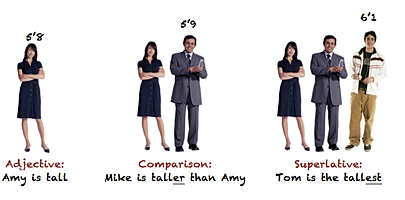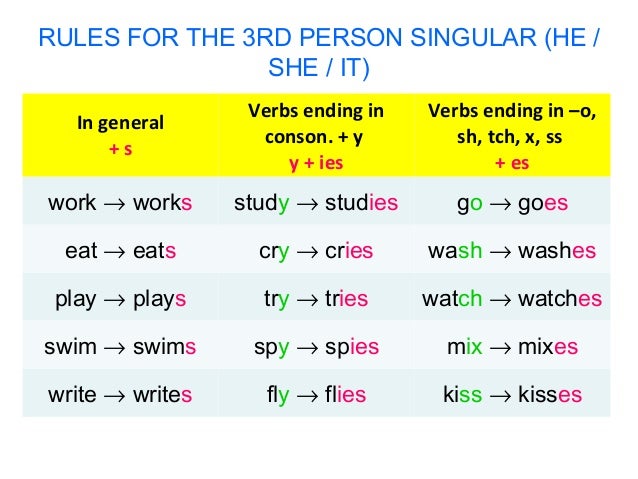Today we will be discussing the second conditional!
This structure is used when we want to talk about HYPOTHETICAL situation; that is, a situation that is impossible or unlikely in the present or in the future.
Structure
This type of sentences has 2 parts. On the first part we are going to have the condition or the hypothetical situation... and our verb is going to be conjugated in the PAST!
For example, this man doesn't have money right now! But he imagines having money... so he says:
1) If I had money......
On the second part we have the result; or the consequence of our hypothetical situation. In here we use the auxiliary WOULD and a verb in base form.
In the case of the man... if he had money...
2) I would buy a car. (we could also use the contraction 'd - I'd buy a car).
VIDEOS
Here are some videos to help you understand better this topic.
Exercises!
Now, here are some exercises to practice!!!
http://www.perfect-english-grammar.com/second-conditional-exercise-1.html
http://web2.uvcs.uvic.ca/elc/studyzone/410/grammar/2cond1.htm
http://web2.uvcs.uvic.ca/elc/studyzone/410/grammar/2cond2.htm
http://www.englishgrammarsecrets.com/secondconditional/exercise1.html
http://www.learnenglishfeelgood.com/grammar-secondconditional2.html
Well,that's it for today! See you next time!
.jpg)











